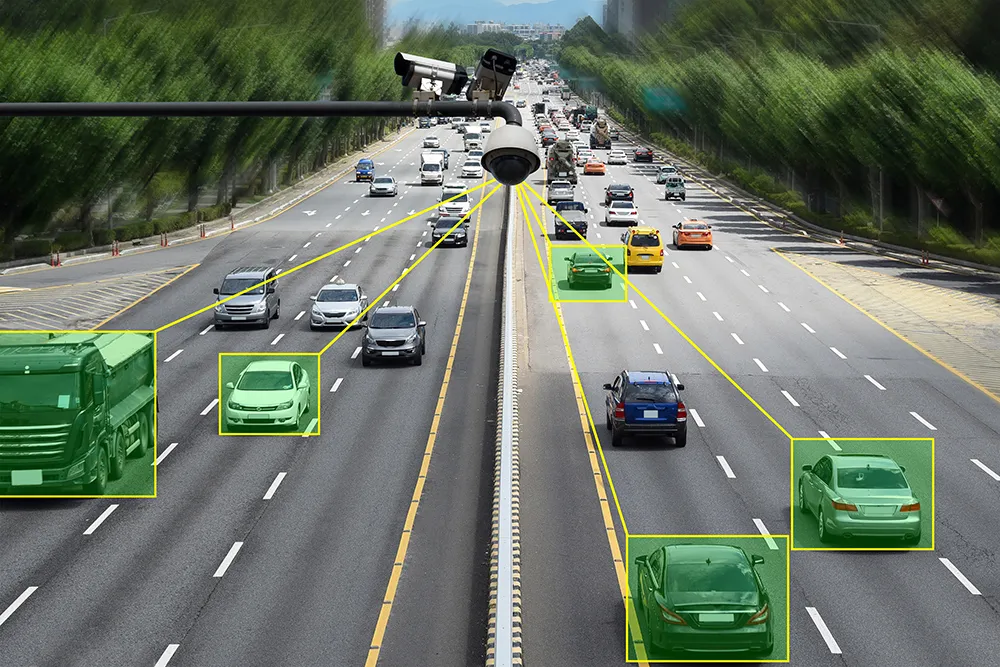Indonesia’s Jakarta city has unveiled an intelligent road-transportation application, the Electronic Registration Identification (ERI) system, which is aimed at upgrading the enforcement of traffic regulations in the city.
According to Irvan Prawira, the traffic police's chief of security and safety, motorists would be required to have an on-board unit (OBU) installed in their vehicle for transmission of vehicle and owner data to electronic readers set up at intervals on the road. Mobile readers will al
September 27, 2013
Read time: 1 min
Indonesia’s Jakarta city has unveiled an intelligent road-transportation application, the Electronic Registration Identification (ERI) system, which is aimed at upgrading the enforcement of traffic regulations in the city.
According to Irvan Prawira, the traffic police's chief of security and safety, motorists would be required to have an on-board unit (OBU) installed in their vehicle for transmission of vehicle and owner data to electronic readers set up at intervals on the road. Mobile readers will also be installed in police's patrol vehicles for recording traffic violations. A data centre at the city’s traffic monitoring centre will monitor all vehicles across the city. Traffic violations will be recorded by the electronic readers, while high-resolution cameras will capture the vehicle licence plates.
According to Irvan Prawira, the traffic police's chief of security and safety, motorists would be required to have an on-board unit (OBU) installed in their vehicle for transmission of vehicle and owner data to electronic readers set up at intervals on the road. Mobile readers will also be installed in police's patrol vehicles for recording traffic violations. A data centre at the city’s traffic monitoring centre will monitor all vehicles across the city. Traffic violations will be recorded by the electronic readers, while high-resolution cameras will capture the vehicle licence plates.








